Croat president in apology to Bosnia
Croatian President Ivo Josipović has apologized in Sarajevo for Croatia's participation in a policy aimed at partitioning Bosnia-Herzegovina during the 1990s.
Thursday, 15.04.2010.
13:50

Croatian President Ivo Josipovic has apologized in Sarajevo for Croatia's participation in a policy aimed at partitioning Bosnia-Herzegovina during the 1990s. In his speech before MPs of both houses of the Bosnia-Herzegovina’s Parliamentary Assembly and the highest state official, the Croatian president expressed regret because Croatia had, with its policy of that period, contributed to the suffering of the people and divisions which still plagued the societies in the region. Croat president in apology to Bosnia Bosnia is home to Bosniaks (Muslims), and ethnic Serbs and Croats, and has after the 1995 Dayton peace deal been organized in two entities: the Muslim-Croat federation, and the Serb republic (RS). Speaking in Sarajevo on Wednesday, Josipovic expressed respect and condolences for all the victims of the war in Bosnia-Herzegovina by saying that each lost life represented everyone's loss. The Croatian president stressed that he would pay his respects to the victims “whose only sin was the fact that they were others, and different” in the villages of Ahmici and Krizancevo Selo tomorrow. There, local Muslim civilians were murdered by Bosnian Croat forces. Offering Croatia’s partnership to Bosnia-Herzegovina on its way toward Euro-Atlantic integrations, he emphasized that a European Bosnia-Herzegovina was Croatia’s vital interest and called upon Bosnian politicians to start treating the EU membership as a vital national interest and to offer its citizens a partnership for Europe. “The three peoples in Bosnia-Herzegovina must find a formula for a life together on their own, and others can’t decide for them, although they can help if they are asked,” the Croatian president was quoted as saying. He stressed that success in negotiations about constitutional changes in Bosnia-Herzegovina was in Croatia's interest, because that country had an obligation to look after the Croats living on Bosnia – whose numbers had been halved in the previous war. Josipovic has also announced that he will also "certainly visit those places in Bosnia-Herzegovina where Serbs suffered". “This visit of mine includes a schedule that is possible in this short period of time. Victims are victims to me, and criminals are criminals regardless of ethnicity,” he stated. The Croatian president announced that he would also meet with heads of the Republic of Srpska (RS) in the next period, with whom he would "speak about all open issues". Chairman of Bosnia-Herzegovina’s Council of Minister Nikola Spiric stated ahead of Josipovic’s visit that success of his policy in the region would be measured by the manner in which problems of ethnic Serbs in Croatia were solved, from which they “had been persecuted as a people only to come back as an ethnic minority”. He criticized the organization of the visit which envisaged visits to places of suffering of Bosniaks and Croats but not those where Serbs were killed. According to the Bosnian media, Spiric expressed his regret over the fact he would not meet with Josipovic and added that the organization of visits to “this rump state” showed that Bosnia-Herzegovina could be an “accidental and casual stop” for some politicians. He also criticized what he saw as the turning of Bosnia-Herzegovina into a state of scandals, as this was distancing the country from its European integrations. “Instead of committing themselves to the future of Bosnia-Herzegovina, some of its leaders are still living in the past and want to turn Bosnia-Herzegovina into a country of scandals because that way they are diverting the attention of the international community and enabling its strengthened arbitration,” Spiric said, in reference to Bosnia-Herzegovina Presidency Chairman Haris Silajdzic's recent statements made in Mostar. He compared Silajdzic's behavior to that of Calimero – a cartoon character who keeps shouting, “It's an injustice, it's an injustice“. Josipovic and Silajdzic in Sarajevo (Beta)
Croat president in apology to Bosnia
Bosnia is home to Bosniaks (Muslims), and ethnic Serbs and Croats, and has after the 1995 Dayton peace deal been organized in two entities: the Muslim-Croat federation, and the Serb republic (RS).Speaking in Sarajevo on Wednesday, Josipović expressed respect and condolences for all the victims of the war in Bosnia-Herzegovina by saying that each lost life represented everyone's loss.
The Croatian president stressed that he would pay his respects to the victims “whose only sin was the fact that they were others, and different” in the villages of Ahmići and Križančevo Selo tomorrow.
There, local Muslim civilians were murdered by Bosnian Croat forces.
Offering Croatia’s partnership to Bosnia-Herzegovina on its way toward Euro-Atlantic integrations, he emphasized that a European Bosnia-Herzegovina was Croatia’s vital interest and called upon Bosnian politicians to start treating the EU membership as a vital national interest and to offer its citizens a partnership for Europe.
“The three peoples in Bosnia-Herzegovina must find a formula for a life together on their own, and others can’t decide for them, although they can help if they are asked,” the Croatian president was quoted as saying.
He stressed that success in negotiations about constitutional changes in Bosnia-Herzegovina was in Croatia's interest, because that country had an obligation to look after the Croats living on Bosnia – whose numbers had been halved in the previous war.
Josipović has also announced that he will also "certainly visit those places in Bosnia-Herzegovina where Serbs suffered".
“This visit of mine includes a schedule that is possible in this short period of time. Victims are victims to me, and criminals are criminals regardless of ethnicity,” he stated.
The Croatian president announced that he would also meet with heads of the Republic of Srpska (RS) in the next period, with whom he would "speak about all open issues".
Chairman of Bosnia-Herzegovina’s Council of Minister Nikola Špirić stated ahead of Josipović’s visit that success of his policy in the region would be measured by the manner in which problems of ethnic Serbs in Croatia were solved, from which they “had been persecuted as a people only to come back as an ethnic minority”.
He criticized the organization of the visit which envisaged visits to places of suffering of Bosniaks and Croats but not those where Serbs were killed.
According to the Bosnian media, Špirić expressed his regret over the fact he would not meet with Josipović and added that the organization of visits to “this rump state” showed that Bosnia-Herzegovina could be an “accidental and casual stop” for some politicians.
He also criticized what he saw as the turning of Bosnia-Herzegovina into a state of scandals, as this was distancing the country from its European integrations.
“Instead of committing themselves to the future of Bosnia-Herzegovina, some of its leaders are still living in the past and want to turn Bosnia-Herzegovina into a country of scandals because that way they are diverting the attention of the international community and enabling its strengthened arbitration,” Špirić said, in reference to Bosnia-Herzegovina Presidency Chairman Haris Silajdžić's recent statements made in Mostar.
He compared Silajdžić's behavior to that of Calimero – a cartoon character who keeps shouting, “It's an injustice, it's an injustice“.





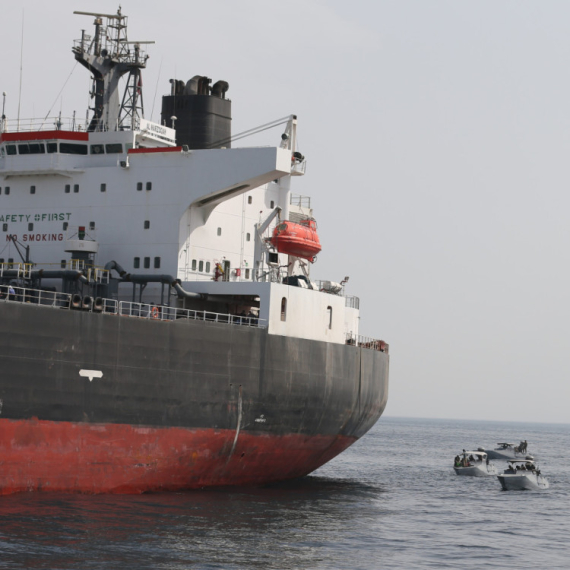




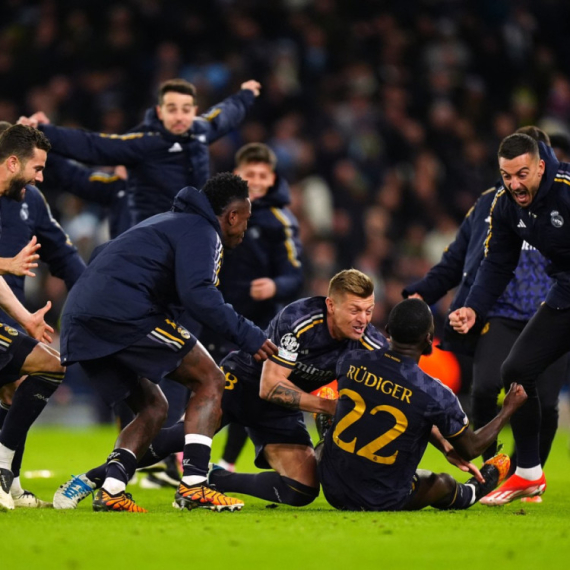

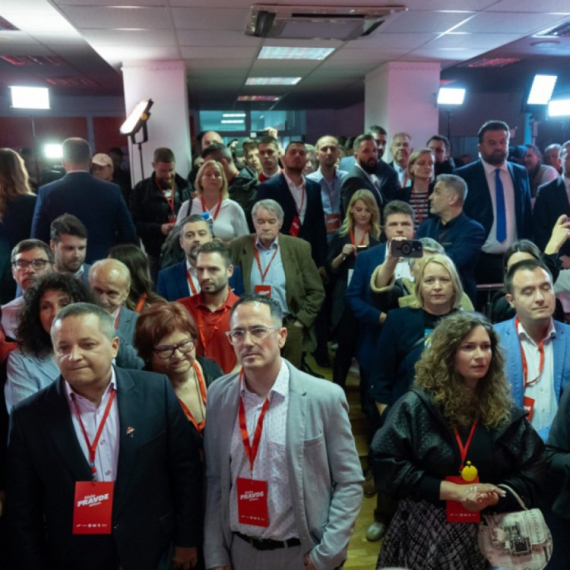
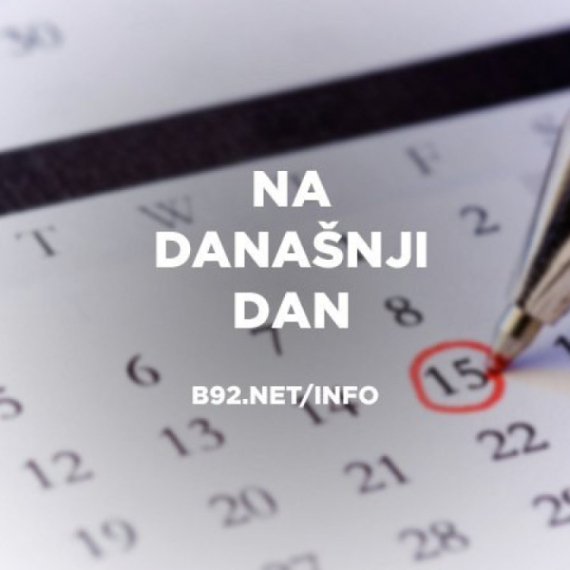
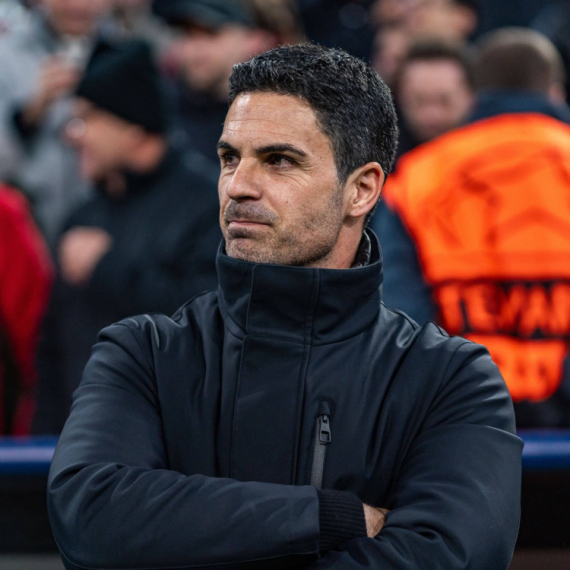
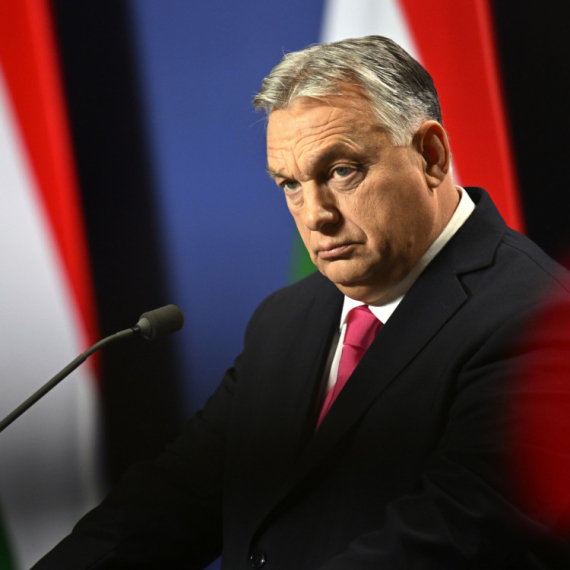
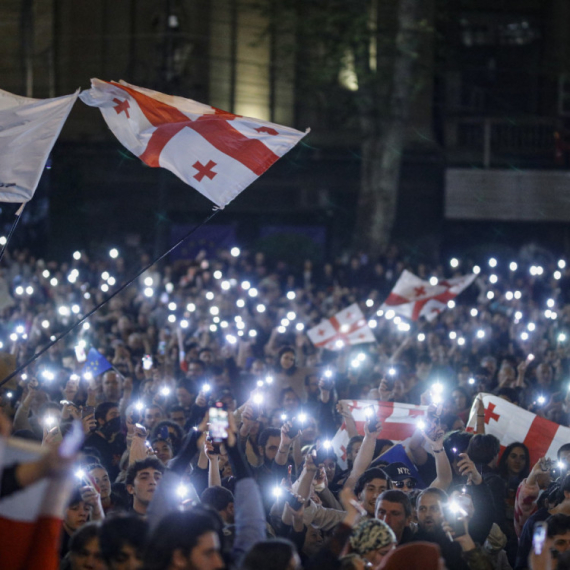

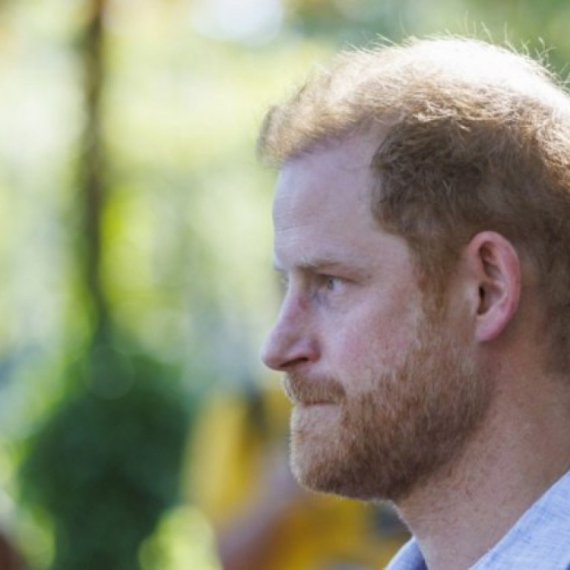

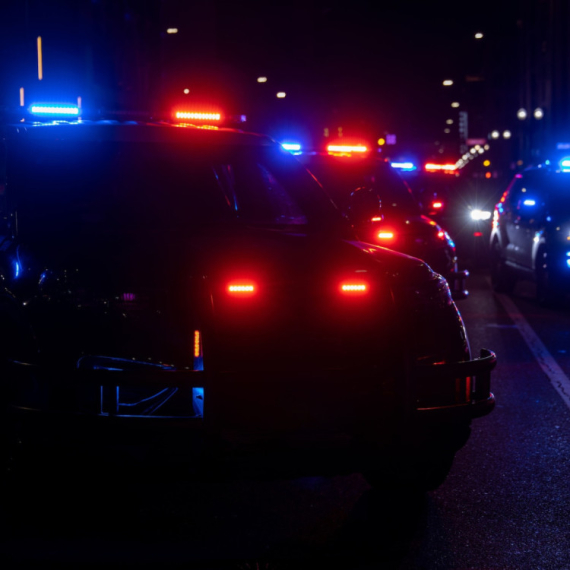




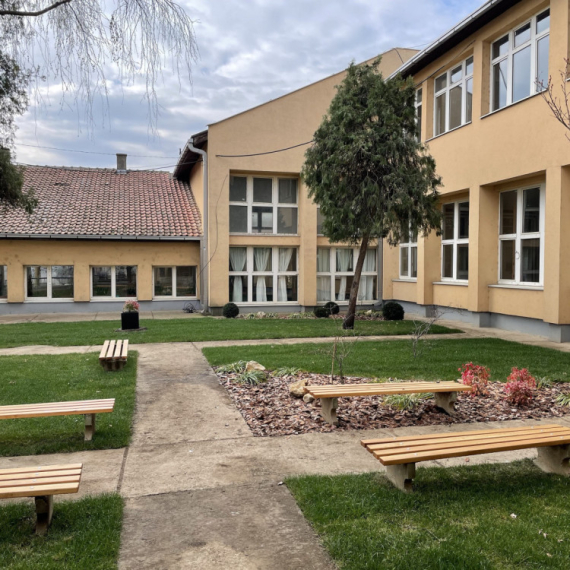





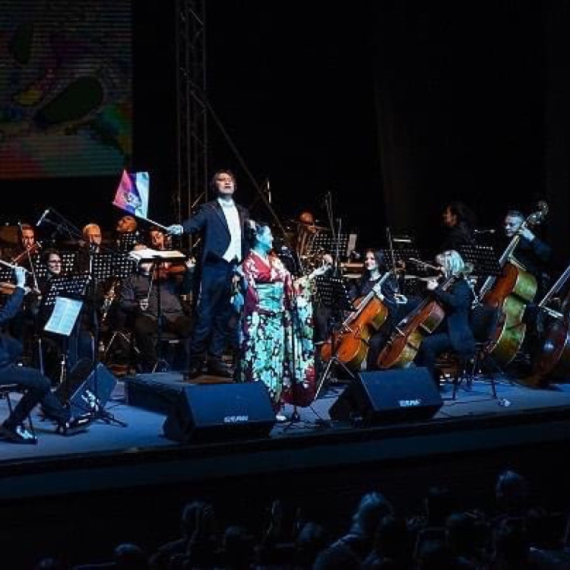





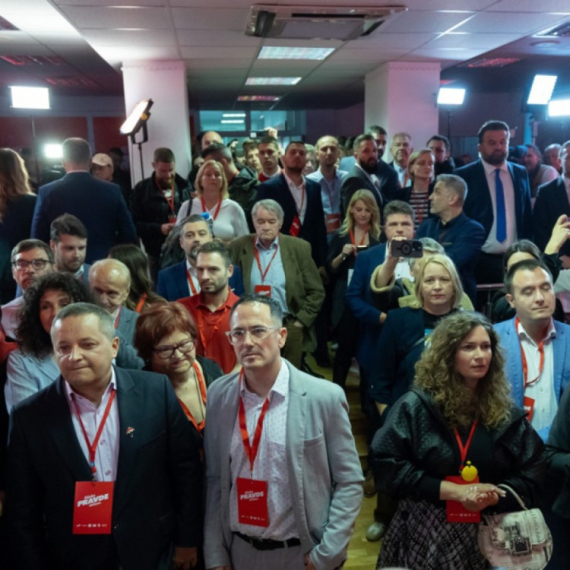

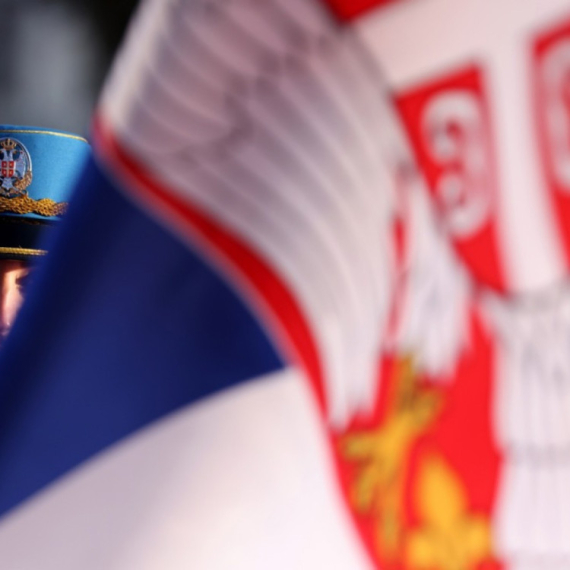

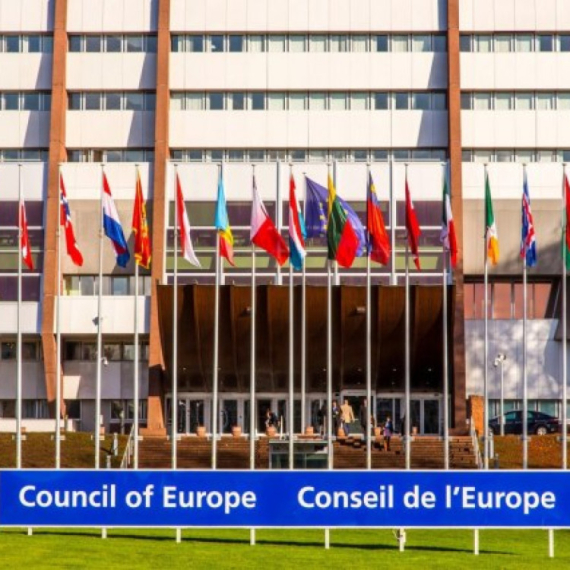
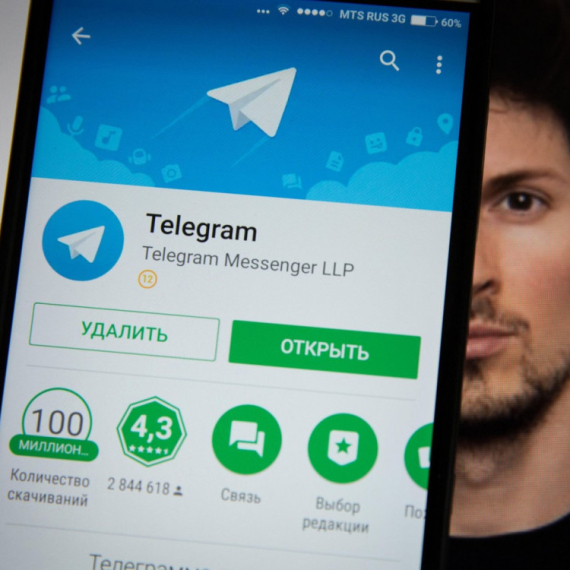

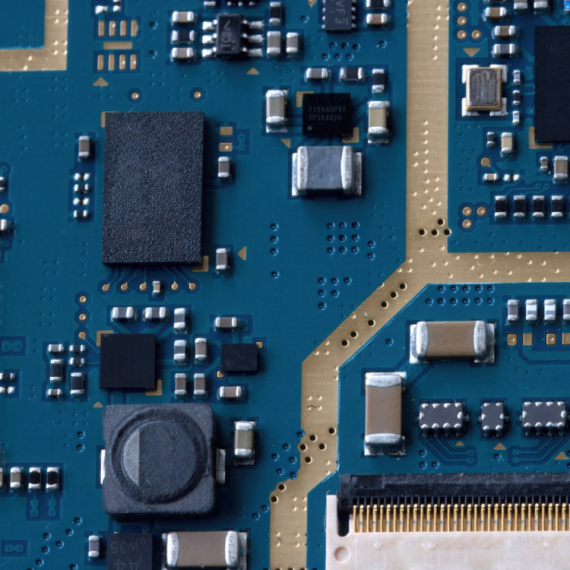
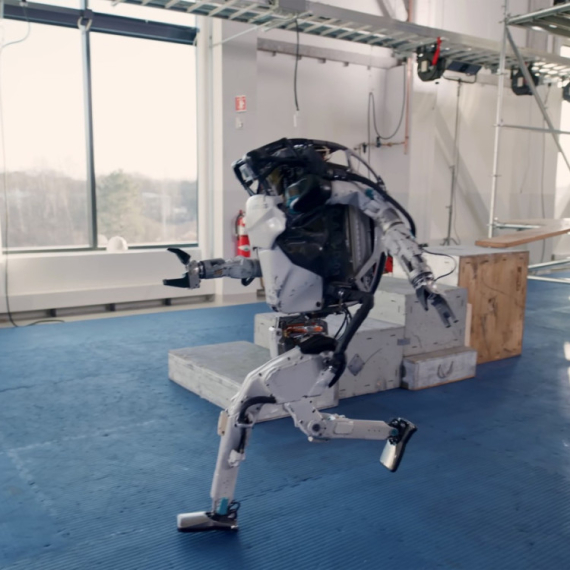





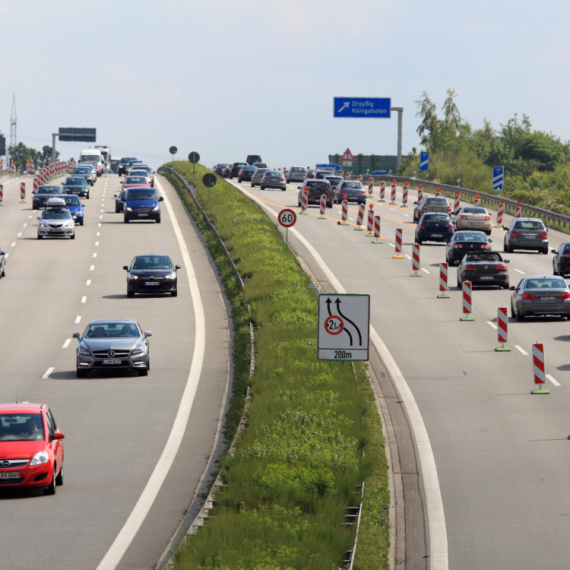
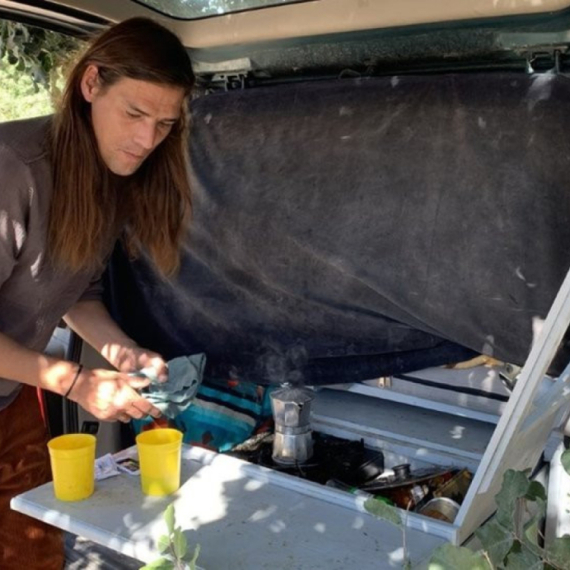
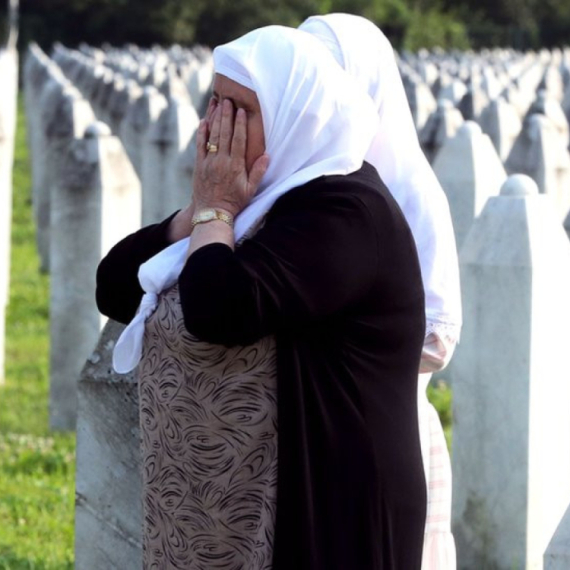
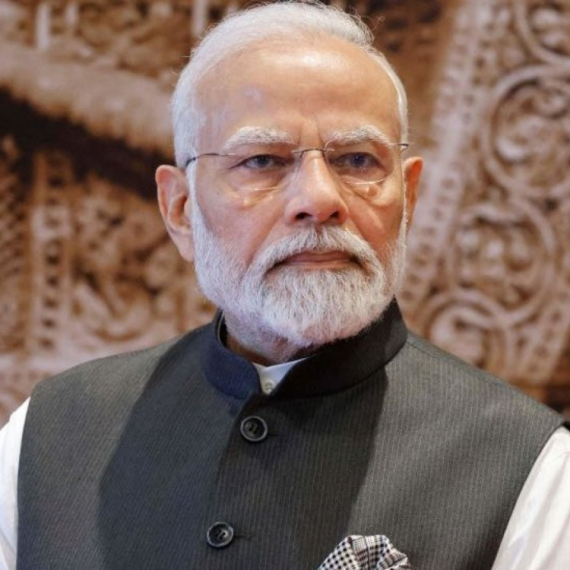
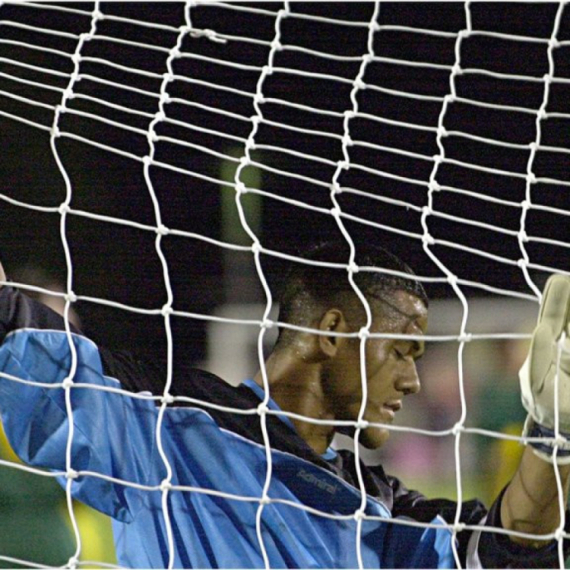
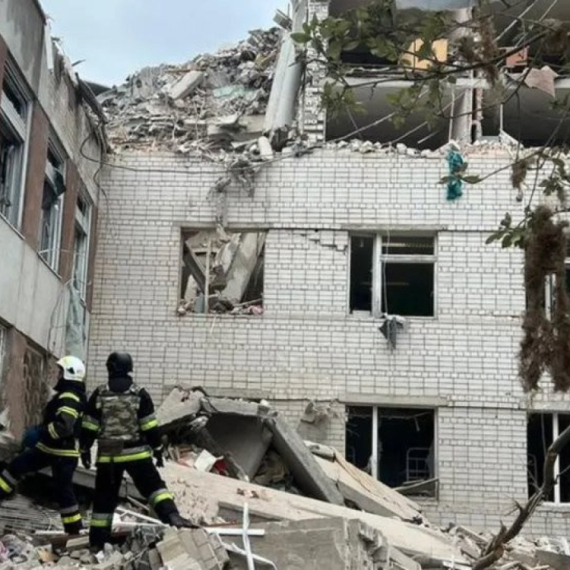

Komentari 12
Pogledaj komentare